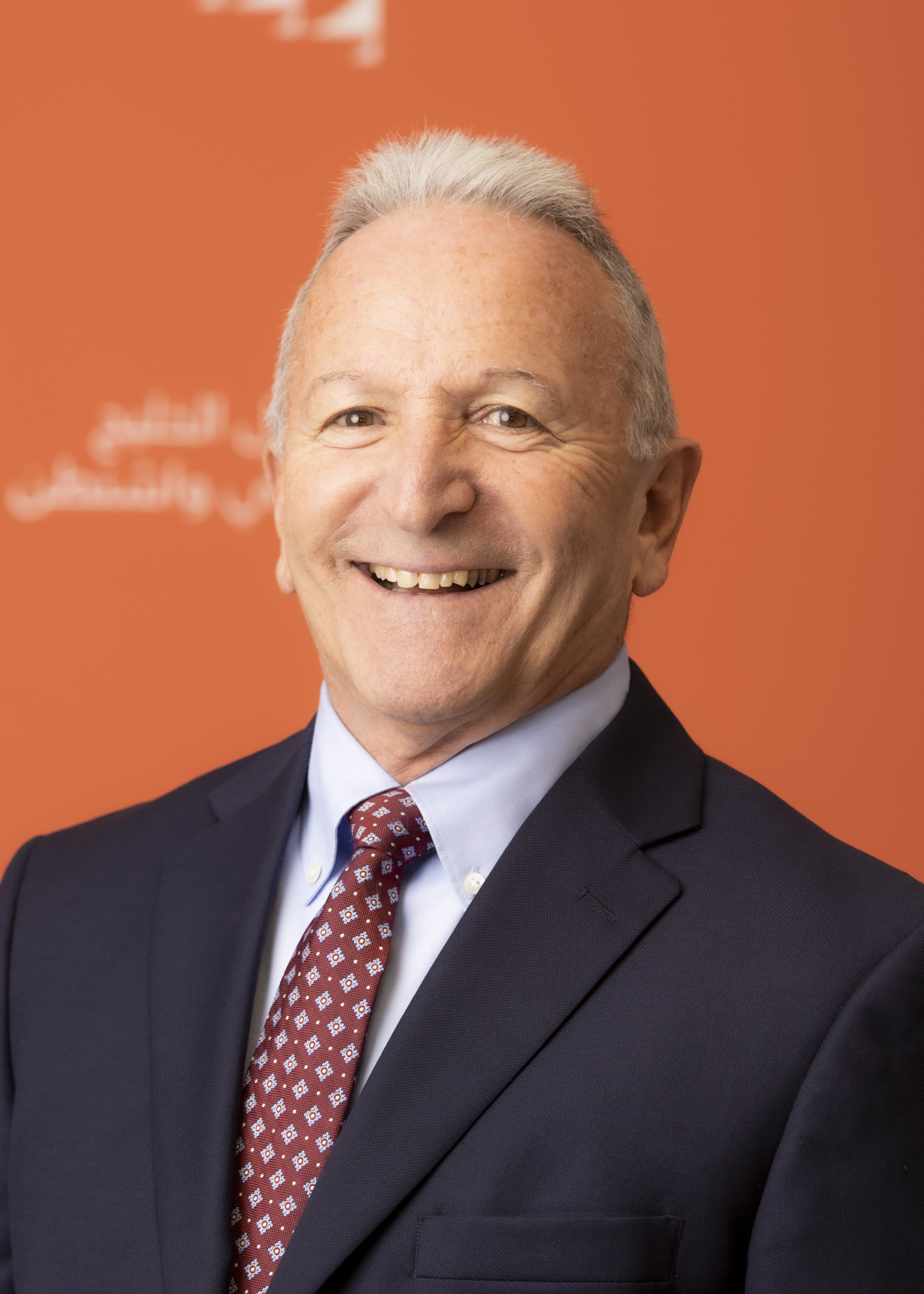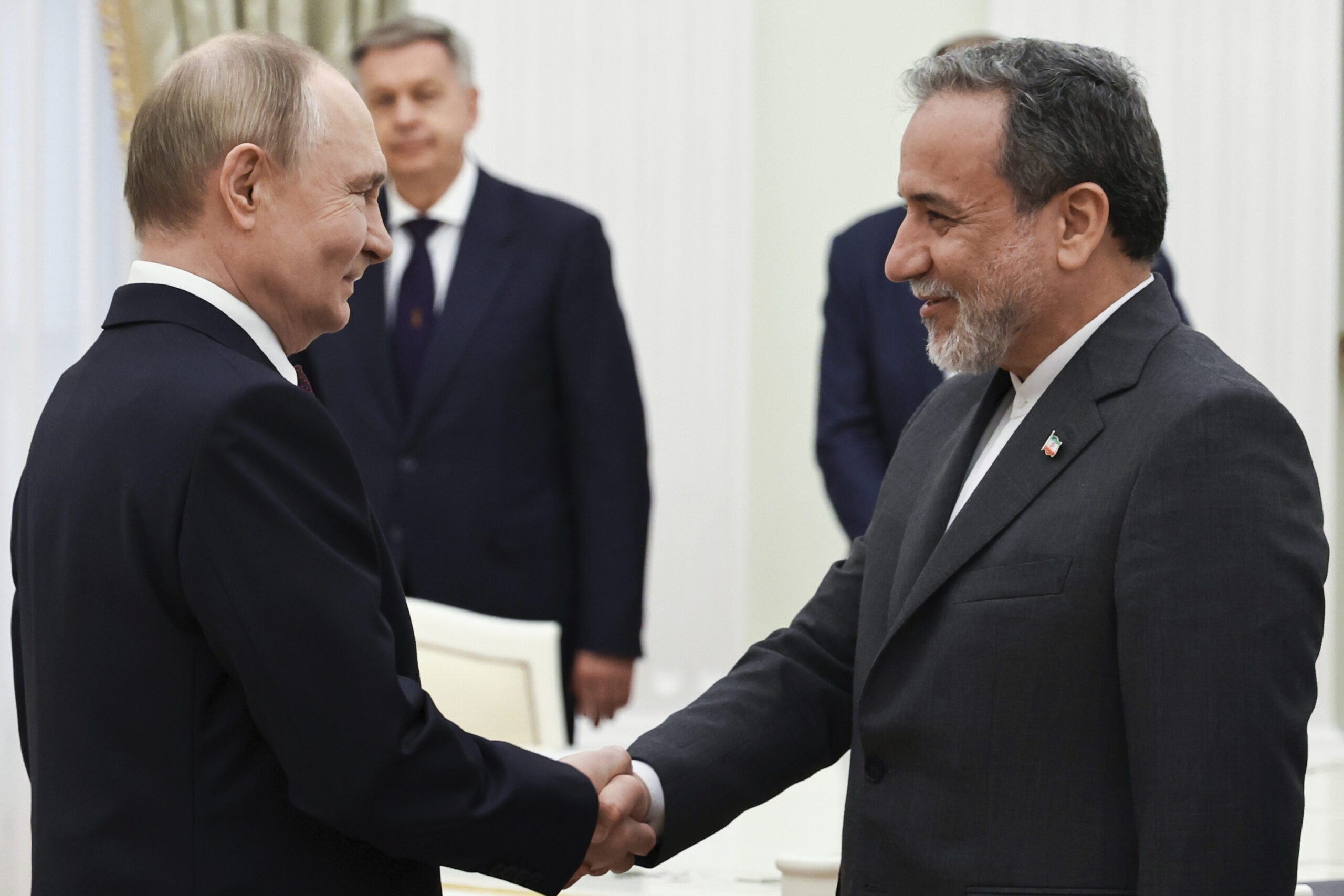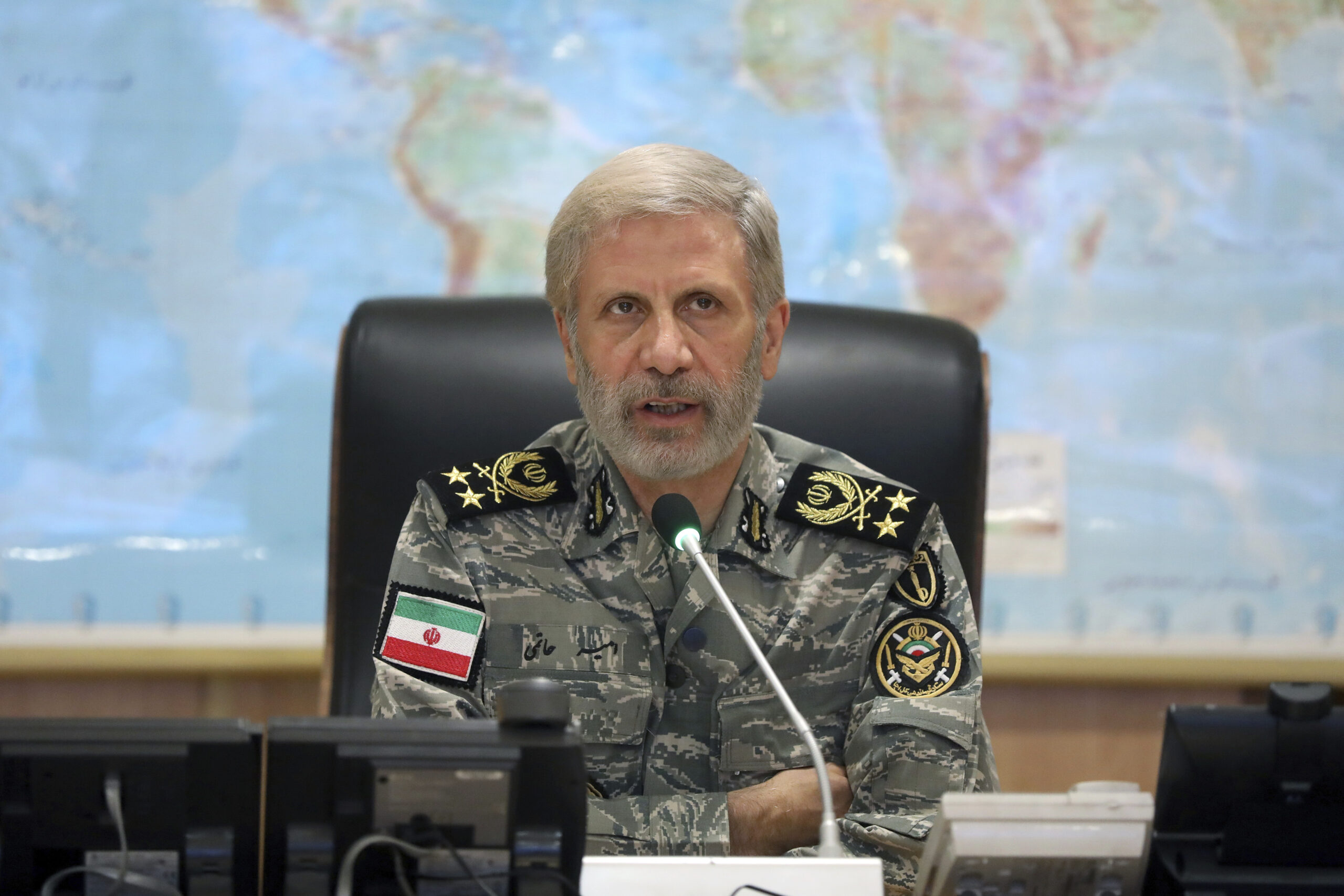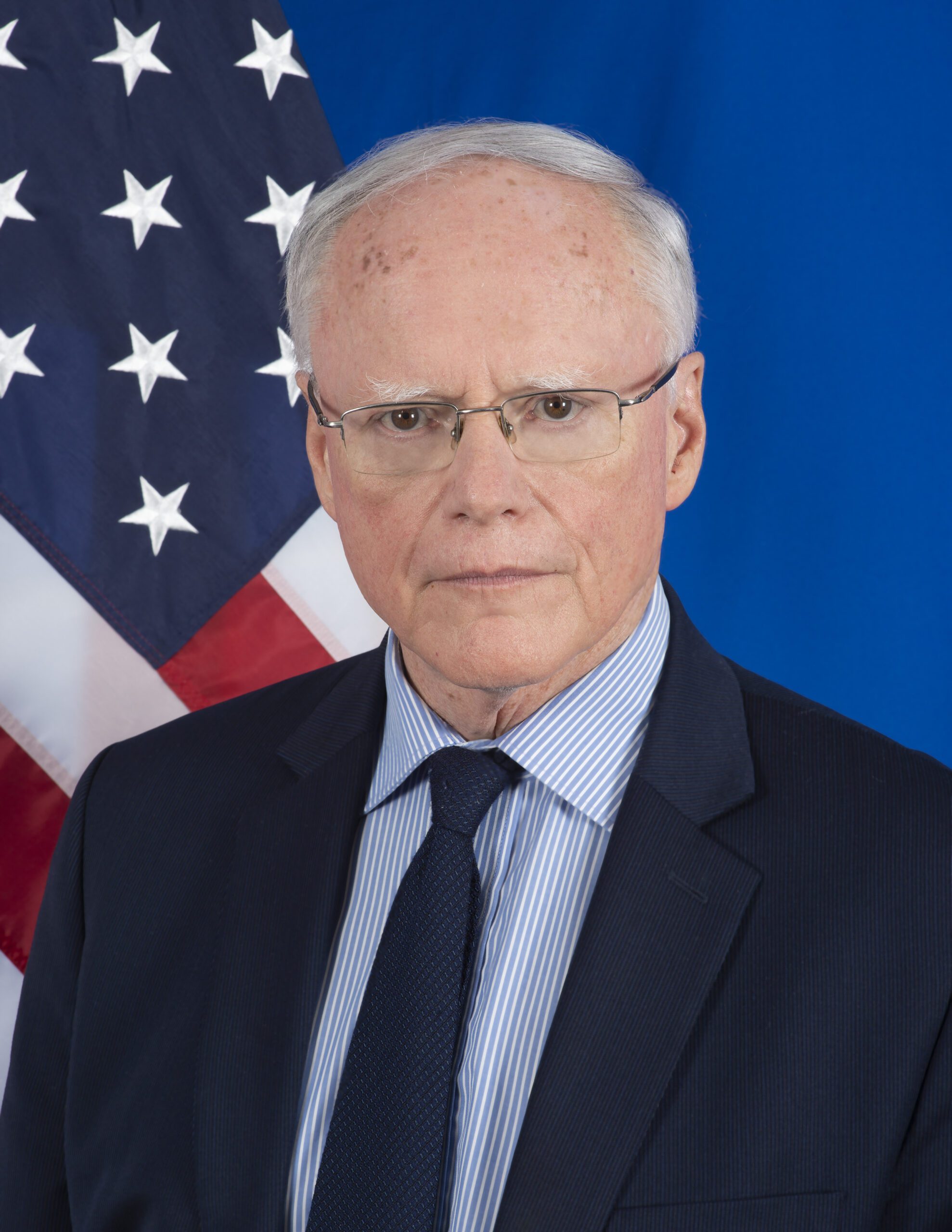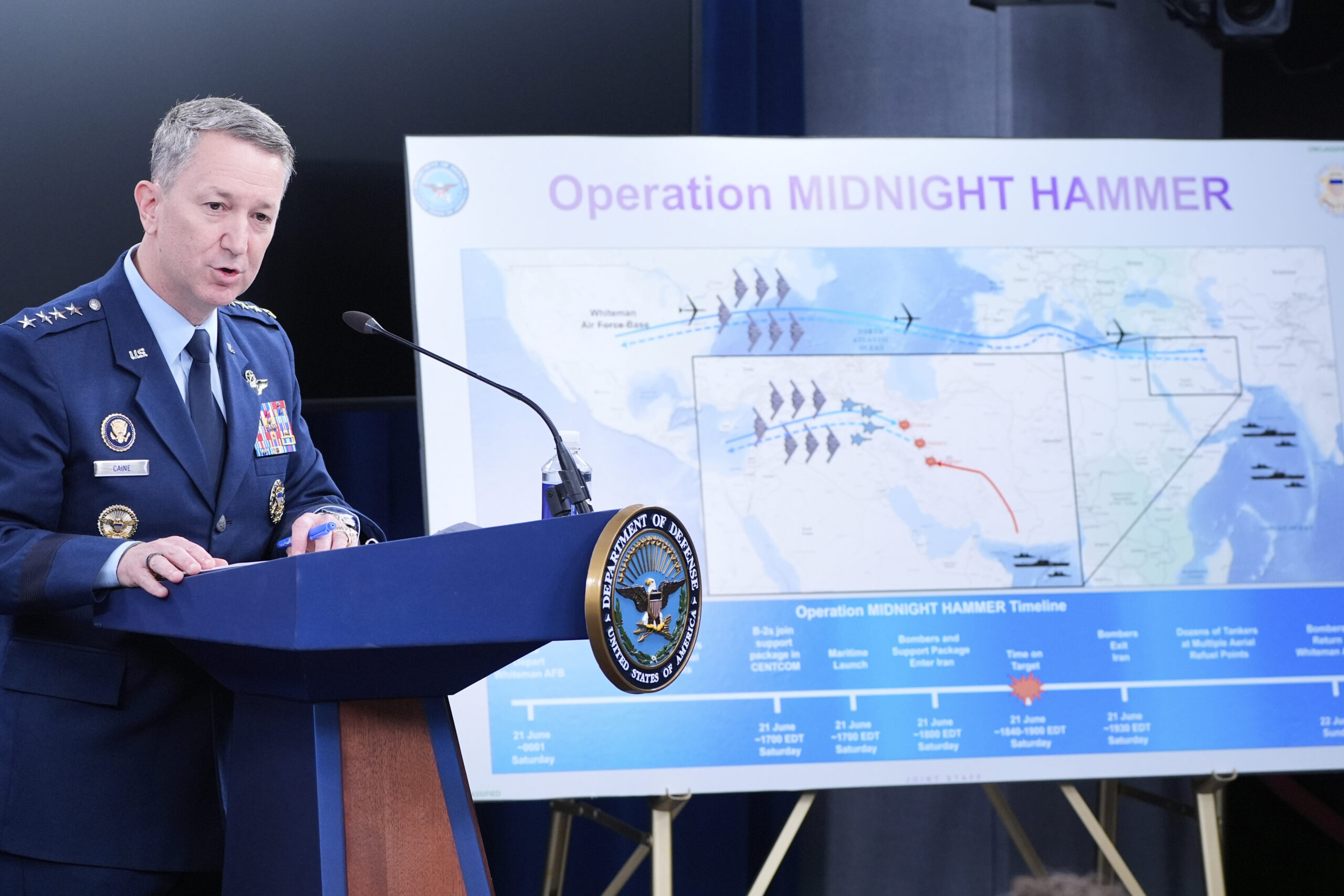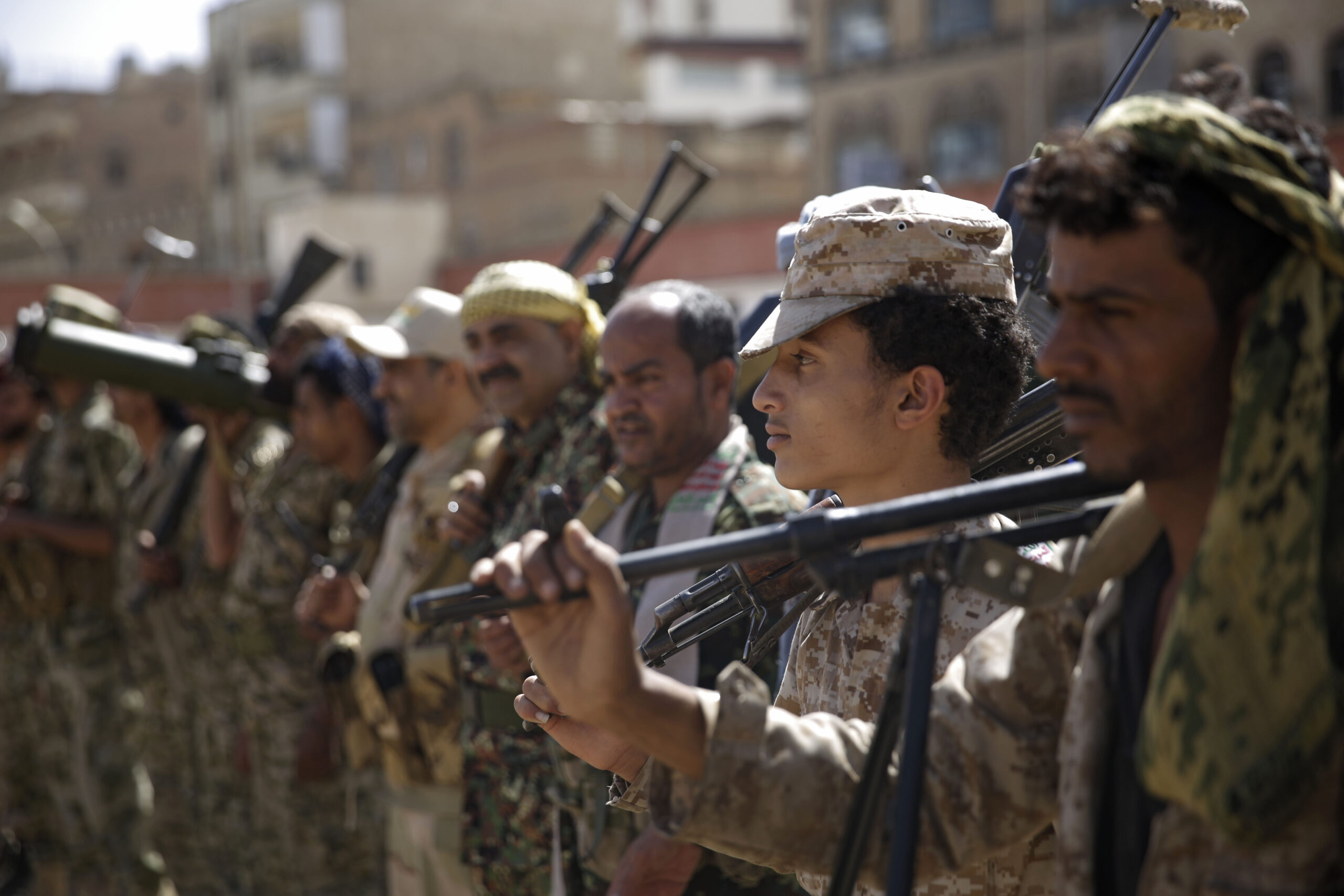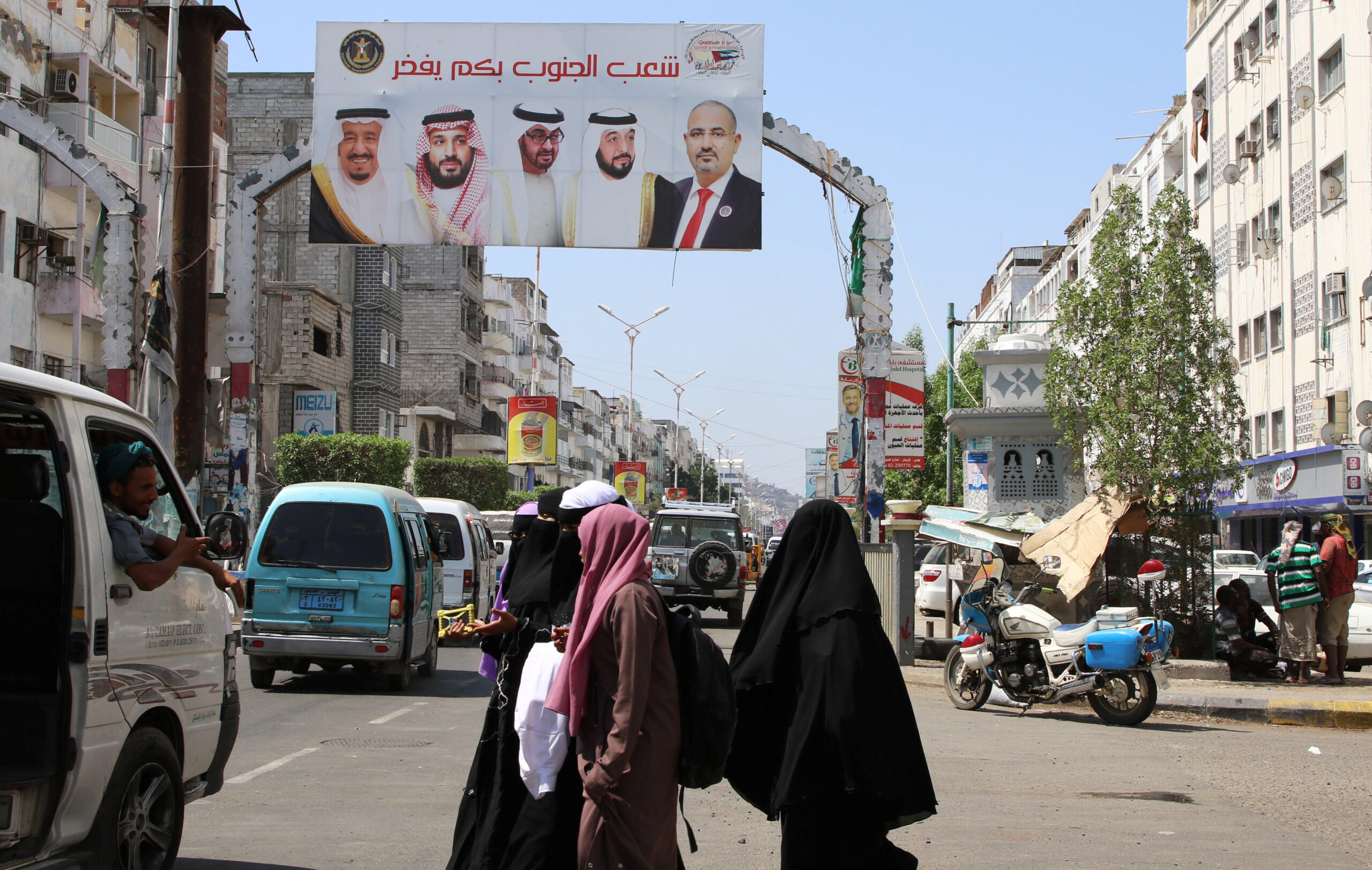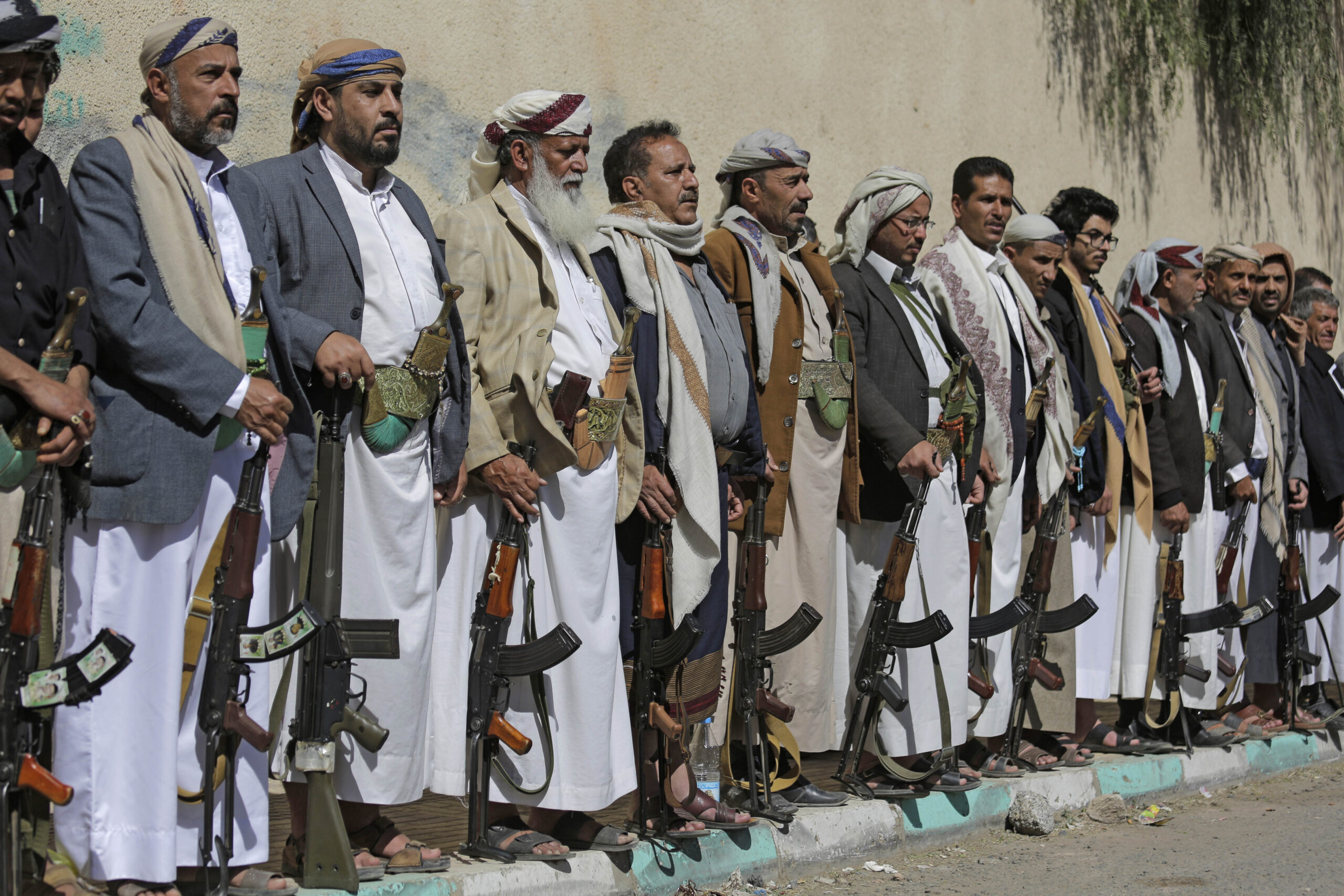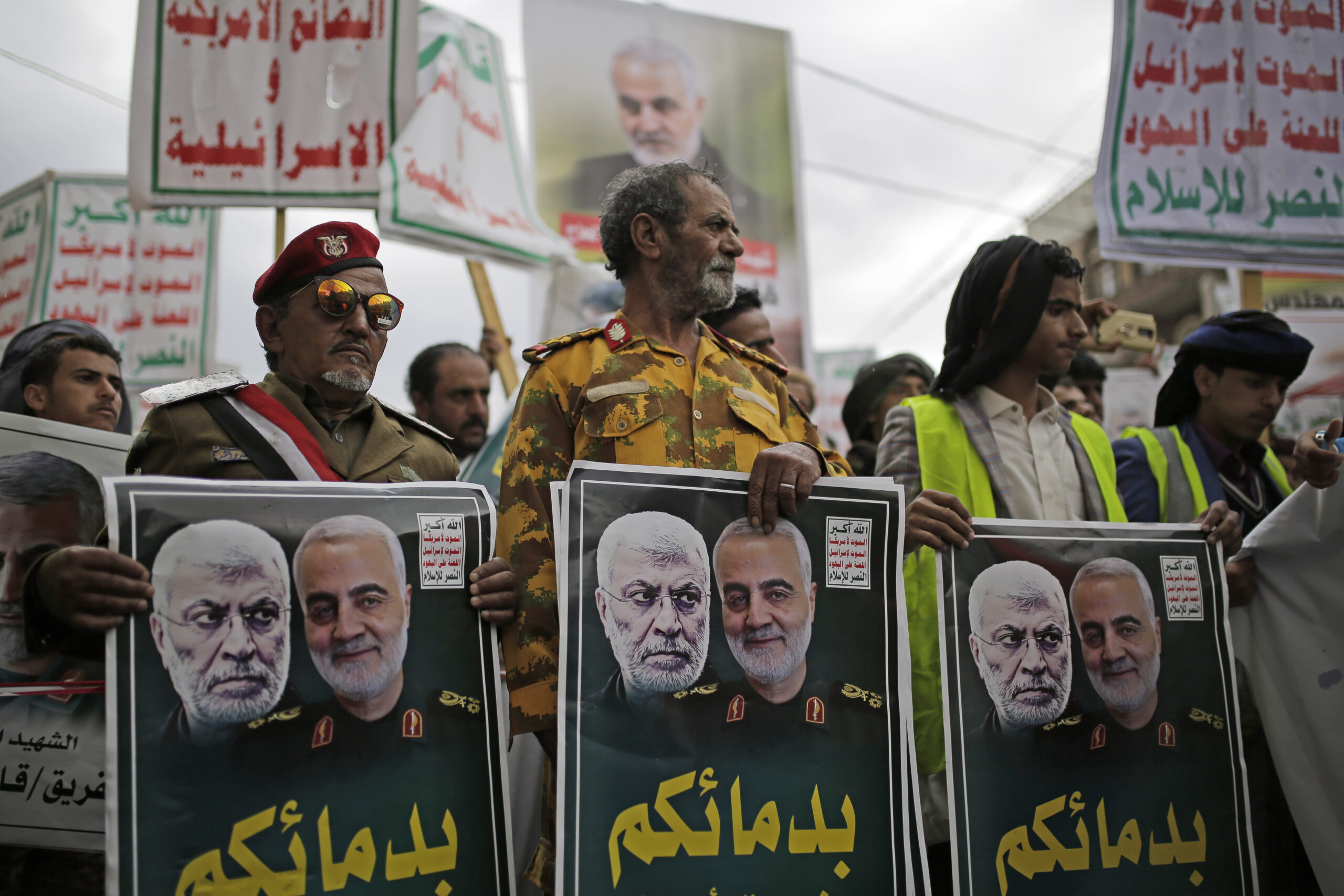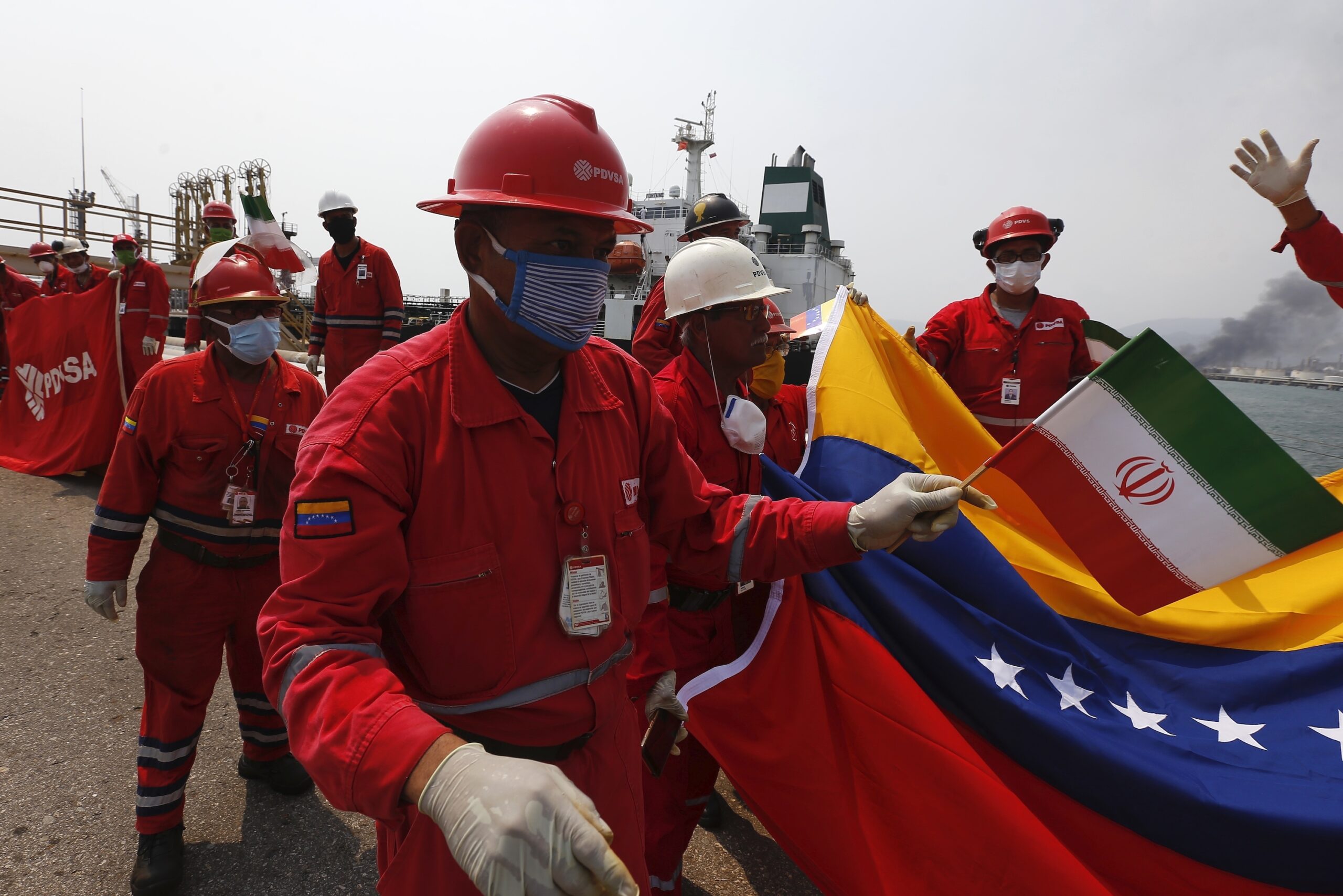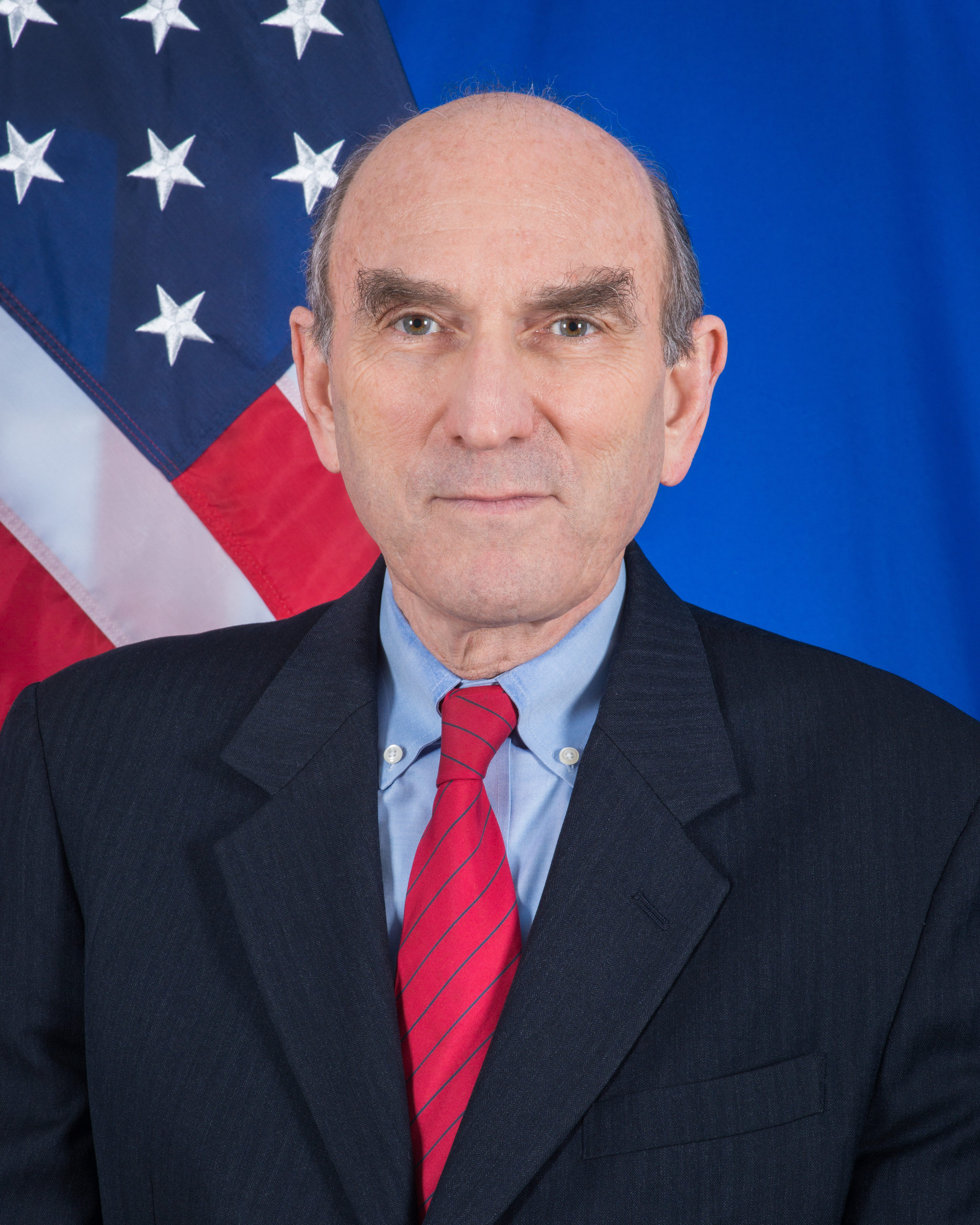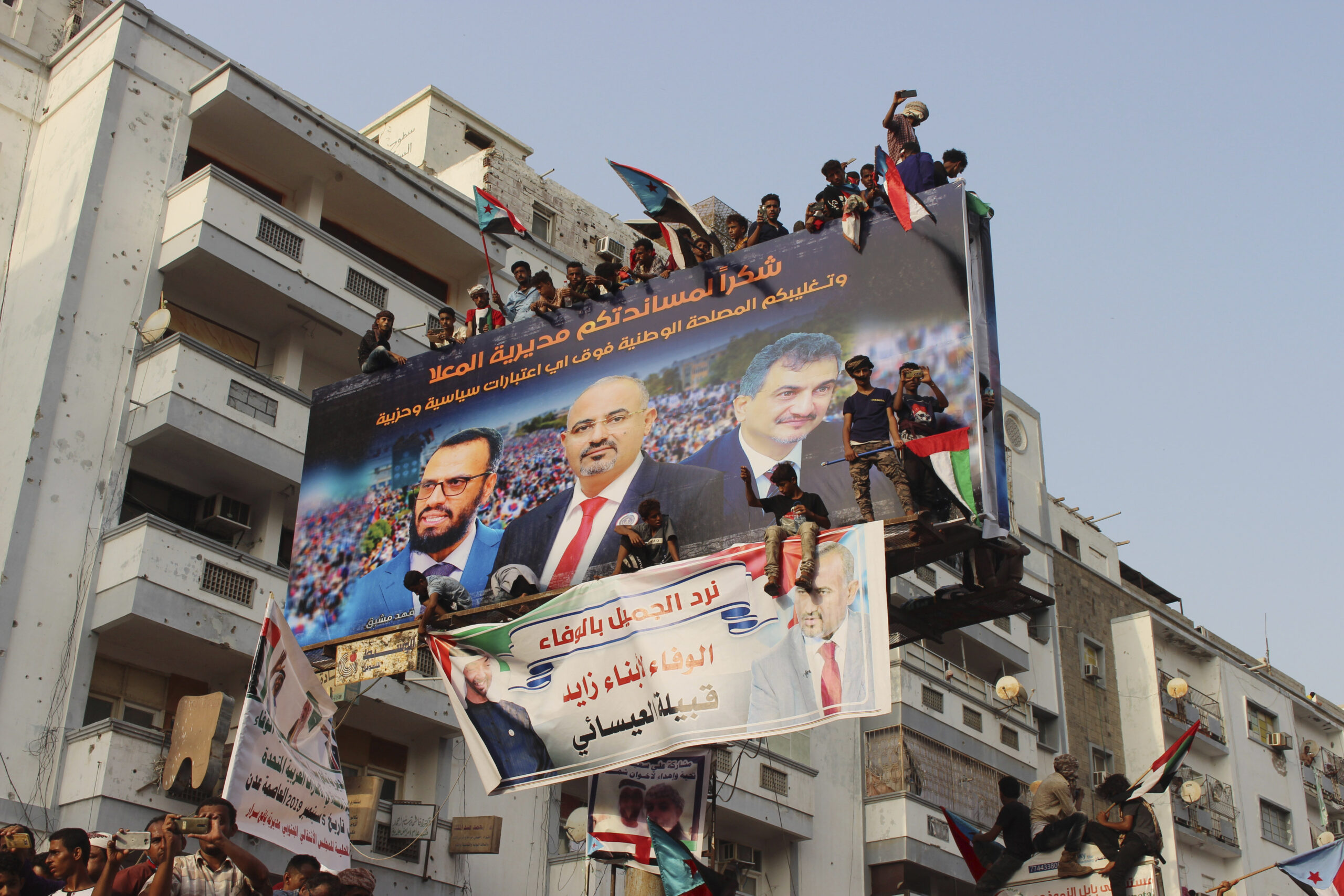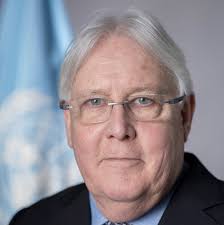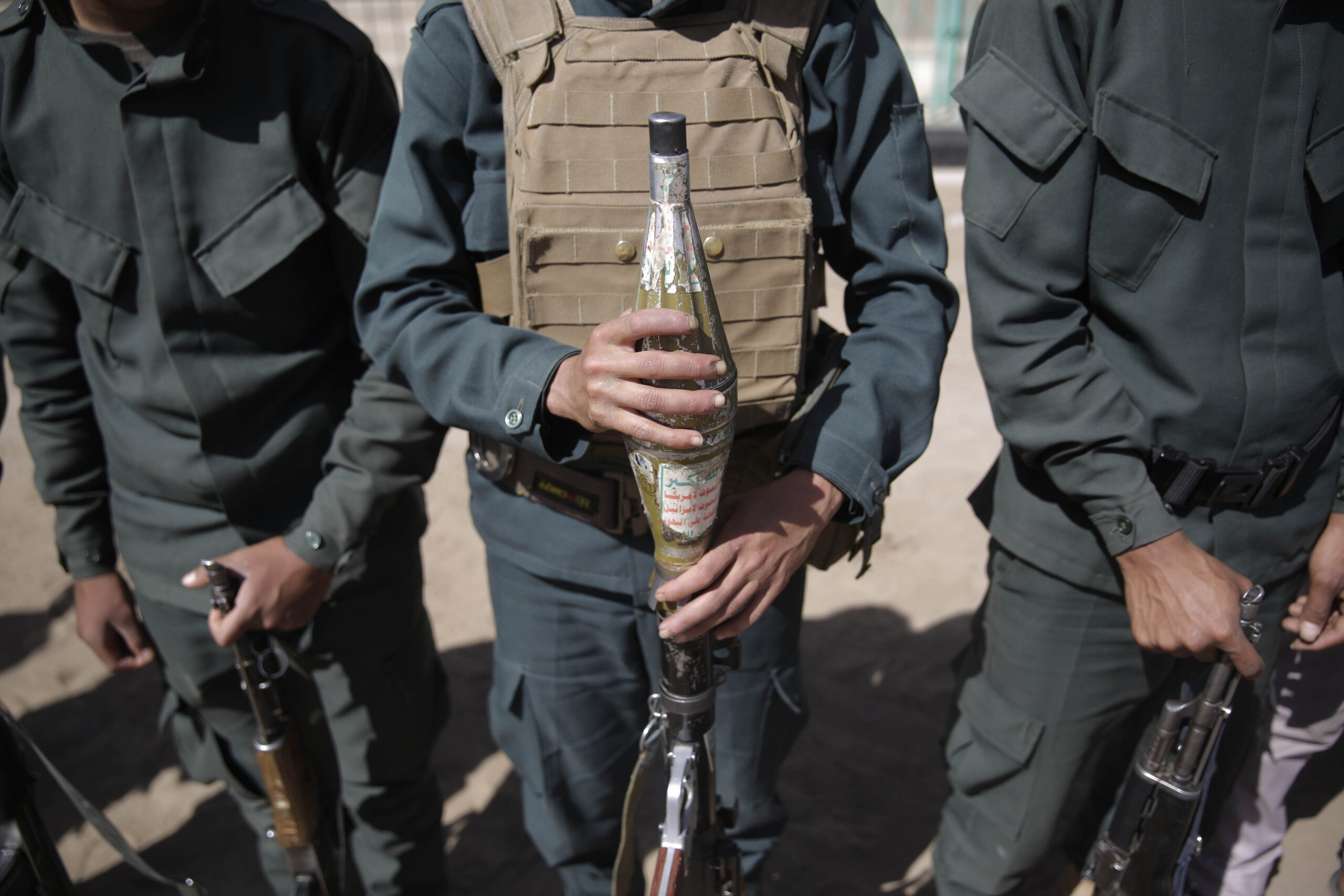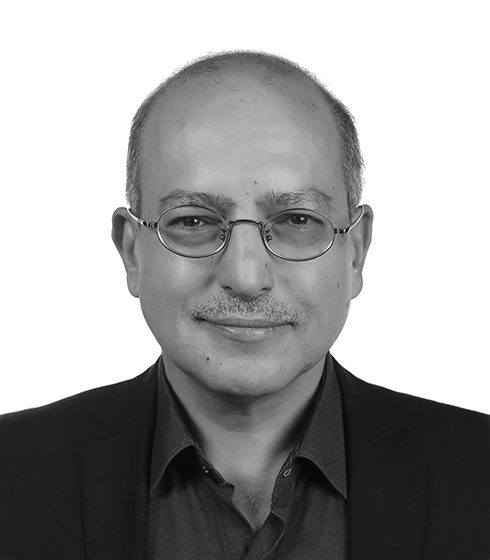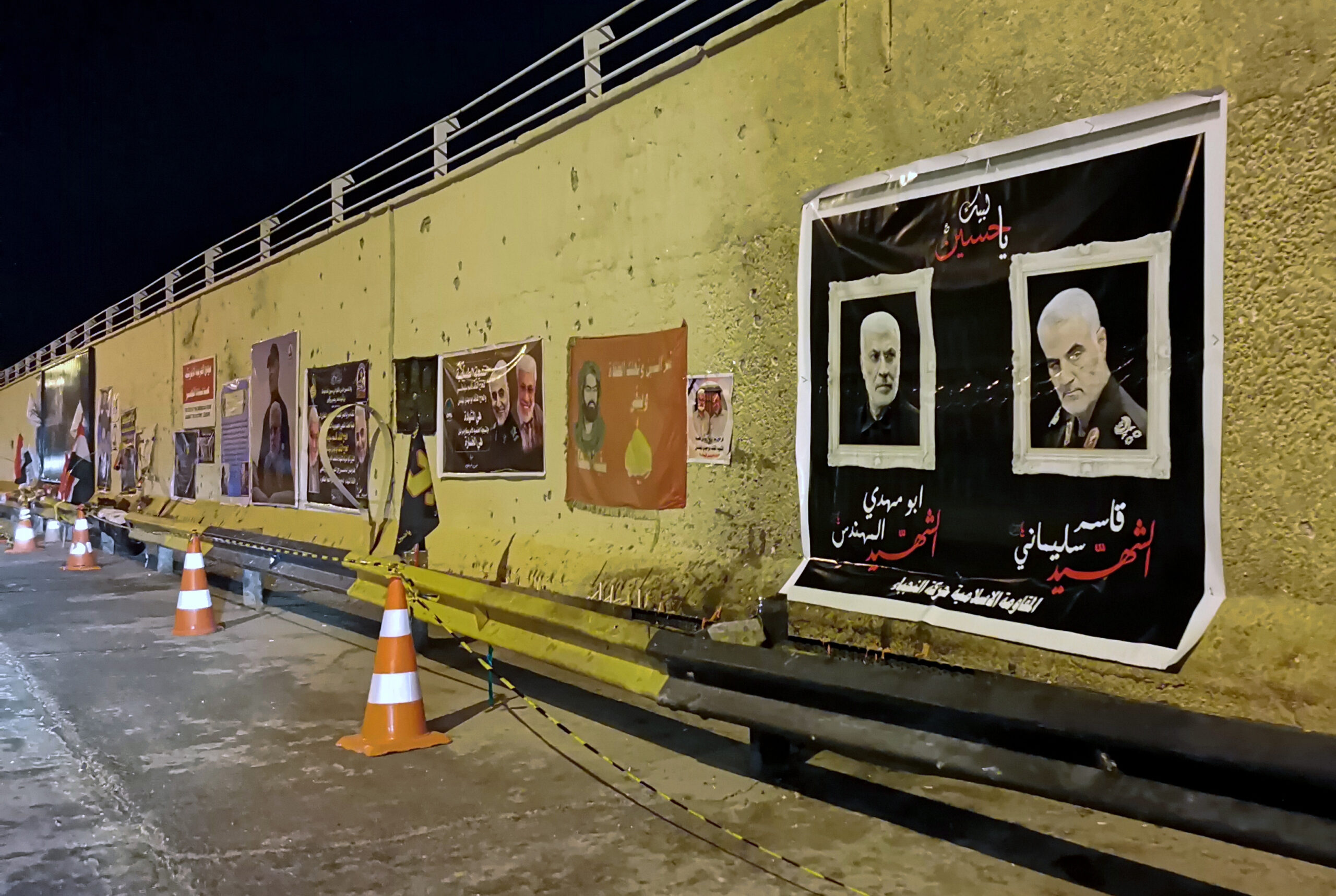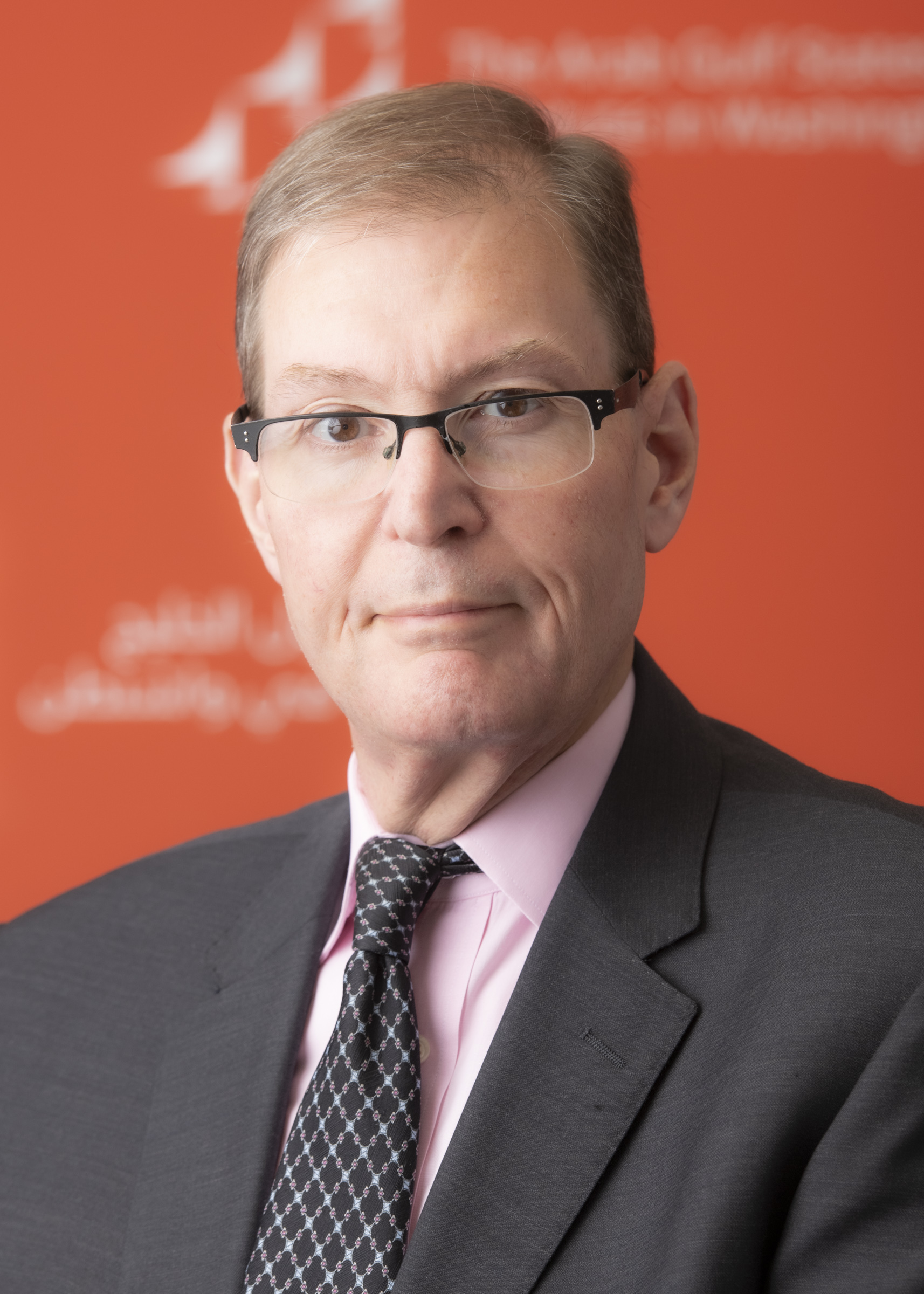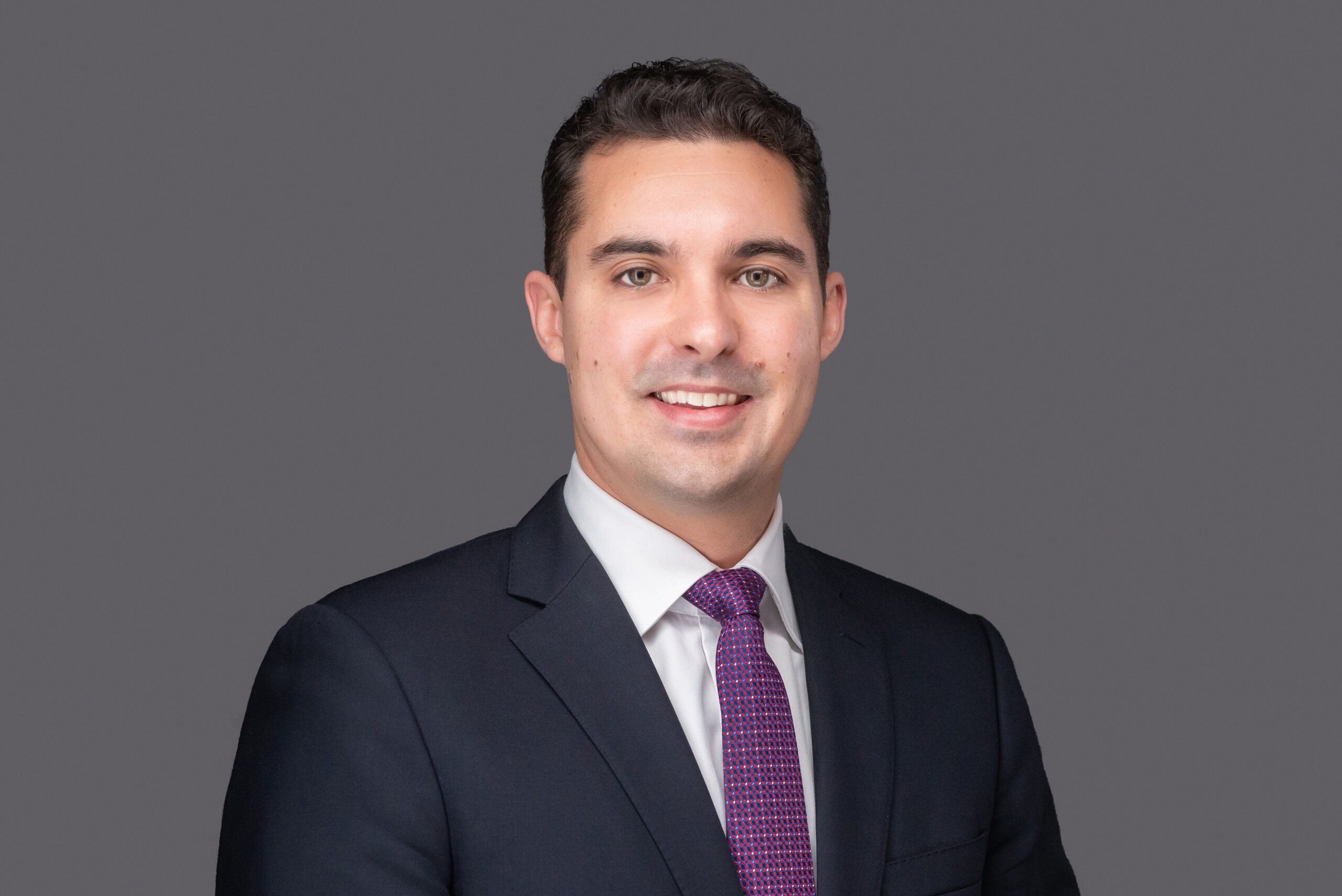Analysis: Saleh’s Death Deeply Complicates Efforts to Resolve Yemen War
The death of Yemen’s former president, Ali Abdullah Saleh, will create an enormous vacuum in the country’s political life — one that is unlikely to be filled easily or quickly by anyone else. For 35 years Saleh ruled over Yemen with a blend of ruthlessness, charisma and political guile that enabled him to play the...
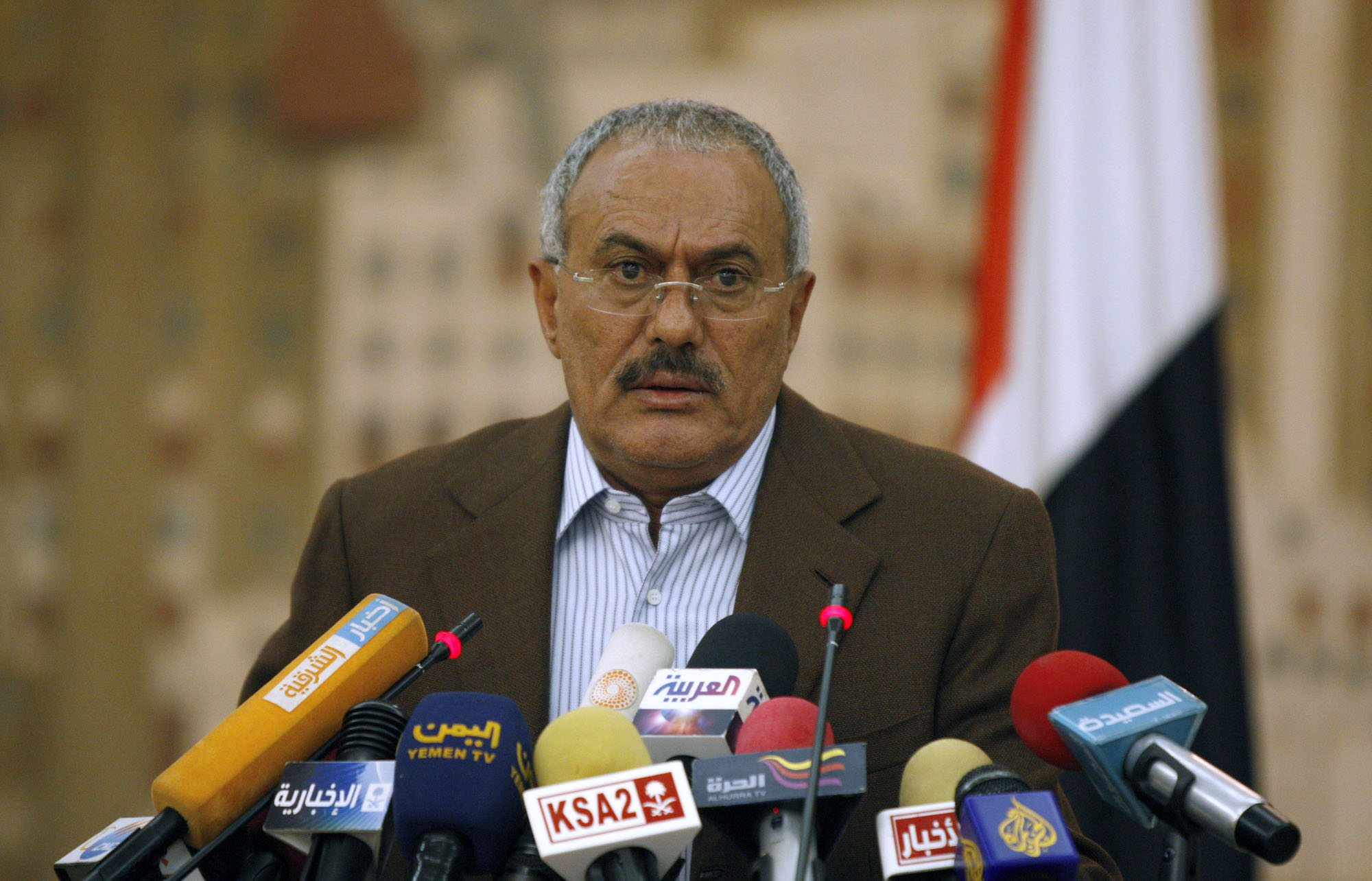
The death of Yemen’s former president, Ali Abdullah Saleh, will create an enormous vacuum in the country’s political life — one that is unlikely to be filled easily or quickly by anyone else.
For 35 years Saleh ruled over Yemen with a blend of ruthlessness, charisma and political guile that enabled him to play the various centres of gravity off against one another and ensured that his interests were served first and foremost, usually well before those of the nation he professed to serve.
Of course, to Saleh, his interests were inseparable from those of the nation he united in 1990 after a civil war, and ensuring that his place in Yemen’s history was secure animated much of what he did as president, and subsequently.
Because Saleh saw himself as the unquestionable leader of Yemen — the only individual who could control a fractious, unruly nation — he was deeply offended in 2011 when he was ousted from the presidency by a deal orchestrated by Saudi Arabia and the other GCC states, with the support of the United States, the UK and other western powers. He never forgave Riyadh or Abdrabu Mansur Hadi, his long-time vice president who replaced him as Yemen’s leader, for the manner in which he was treated. In large measure, this resentment led in 2014 to his most unlikely alliance with the Houthi movement, against whom his government had fought six inconclusive rounds of war from 2004 to 2010.
Proving once again that “the enemy of my enemy is my friend”, Saleh decided to cast his lot with the Houthi rebels who marched into Yemen’s capital in September 2014, taking over the reins of government and forcing president Hadi into exile.
From there, drawing on weapons stocks that Yemeni armed forces loyal to Saleh placed at their disposal, the Houthis continued their march south, ultimately ending up in the southern port city of Aden — a development that prompted the Saudi-led military intervention in March 2015. Though pro-government forces, backed by the coalition, have since retaken Aden as well as other parts of the south, the civil war — which has so devastated Yemen’s already impoverished population and its infrastructure — continues today. Now, Saleh’s death deeply complicates efforts underway to try and bring this war to a negotiated end.
Just days before his death at the hands of his erstwhile allies, Saleh made a dramatic speech in which he said he was ready to “turn the page” with the Saudi-led coalition and break with the Houthis, an overture that was welcomed for its potential to inject material change into both the military and political realities on the ground in Yemen and perhaps create a new equation that might brighten prospects for peace.
Now that Saleh is dead we’ll never know if he was serious in his offer, or if it was just one more play by a wily politician who saw his uneasy alliance with the Houthis collapsing and was desperately trying to re-write the next chapter of his life’s story. What we do know is that this time Saleh couldn’t outrun the consequences of his own actions.
Sadly, with his death, it seems unlikely that the nation he dominated for so long will be able to do so either.
The views represented herein are the author's or speaker's own and do not necessarily reflect the views of AGSI, its staff, or its board of directors.
